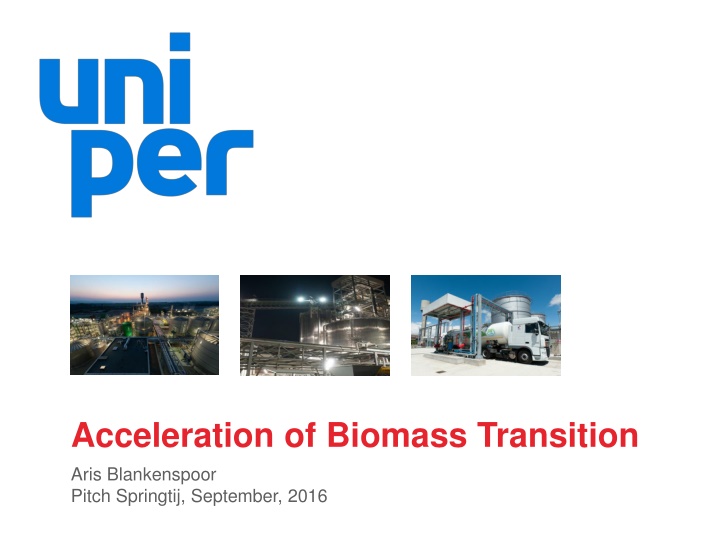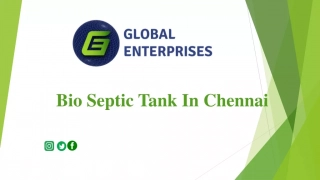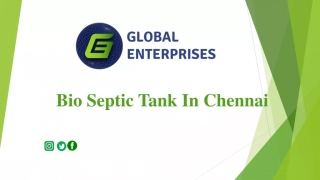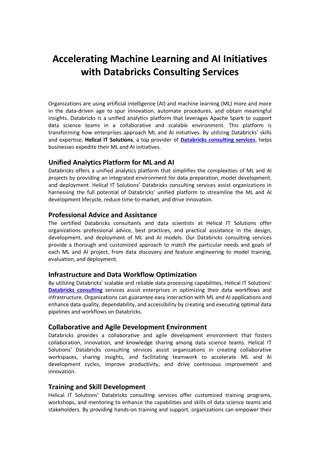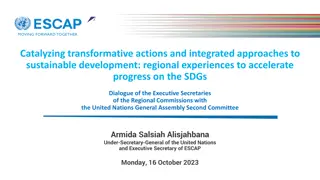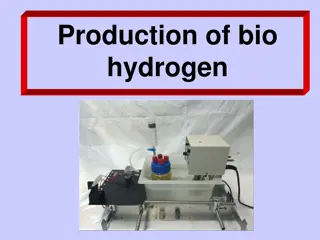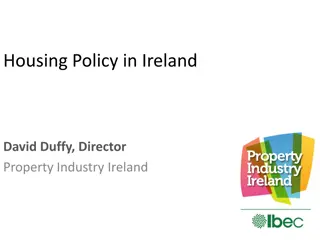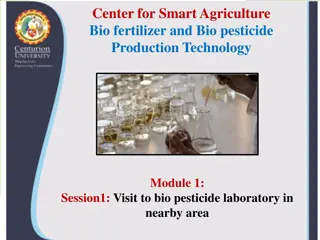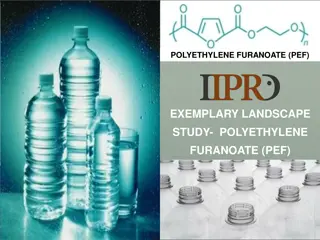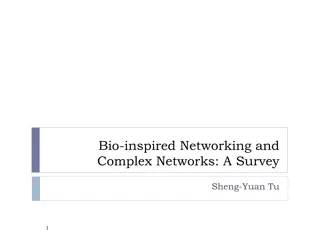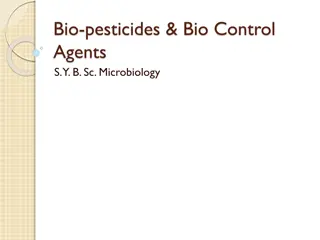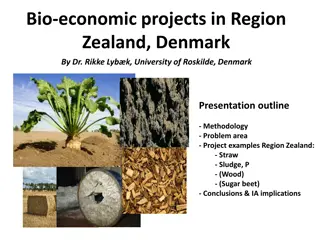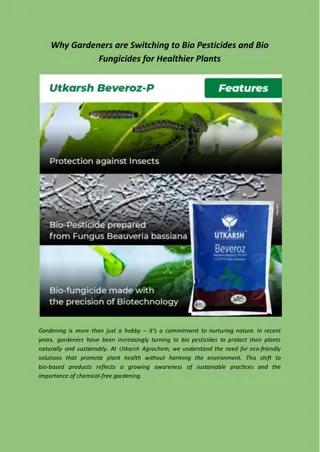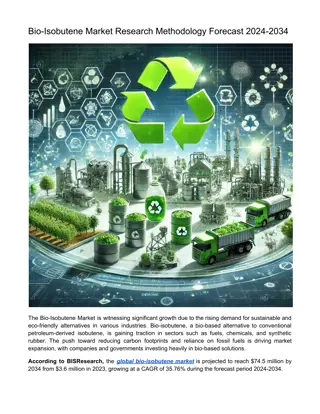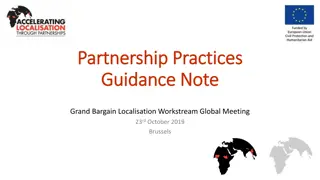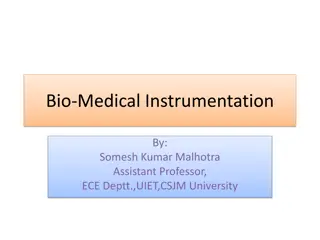Accelerating Bio-based Industry Development
This discusses the potential and future growth of a bio-based economy in Rotterdam through initiatives and partnerships involving biomass transition, power plants, greenhouses, and integrated bio-refineries. Key elements include CO2 reduction, biomass utilization, and the shift towards a circular bio-based economy. The focus is on sustainable energy production, chemical processes, and the exploitation of non-food biomass for economic growth.
Download Presentation

Please find below an Image/Link to download the presentation.
The content on the website is provided AS IS for your information and personal use only. It may not be sold, licensed, or shared on other websites without obtaining consent from the author.If you encounter any issues during the download, it is possible that the publisher has removed the file from their server.
You are allowed to download the files provided on this website for personal or commercial use, subject to the condition that they are used lawfully. All files are the property of their respective owners.
The content on the website is provided AS IS for your information and personal use only. It may not be sold, licensed, or shared on other websites without obtaining consent from the author.
E N D
Presentation Transcript
Acceleration of Biomass Transition Aris Blankenspoor Pitch Springtij, September, 2016
Maasvlakte Power Plant 3 (MPP3) Output > 1100 MW Efficiency: 47% CO2-footprint reduction: 20 -30% Ramp up speed: 55 MW per min. Facilitates volatile windpower
C Industry Green houses CO2 Power grid www.energyhubwest.nl
Future potential of a Bio-based industry TNO: The fossil dilemma of Rotterdam; Don t become the next Detroit Urgenda: 60% biomass; Bio-based economy; PoR green feedstock-roundabout; 5 biomass plants on bio-coal and 13 biogas plants Economic Affairs: CO2 reduction ~80% by 2050; degasification; industrial heat; bio-based economy Energy-Nederland: 50% CO2 reduction by 2030 Rein Willems: Action plan Rotterdam/Moerdijk; from linear fossil economy towards a circular bio-based economy; optimization and modernization Port of Rotterdam: 40-hectare site, dedicated to facilitate the further growth of the renewable industry Bio Based Cluster 4
Future potential of a Bio-based industry Bio based economy Sun CO2 (neutral) Biomass photosynthesis It s not just about energy incineration geological process Energy Fuels, chemicals Natural resources Energy, plastics, chemicals, cosmetics and medicines oil refining Non-food biomass feedstock will play an Oil increasingly important role in our economy 5
Business case: integrated Bio-refinery & Maasvlakte Power Plant Uniper Corbion Bio-refinery ROAD (CCS / CCU) CO2 Steam ~70% 2G sugars ~60% Lactic acid / Bio- plastic PLA Fermentation Hydrolysis Power & utilities Back- up Power - Thermal ~100% - Mechanical MPP - Biochemical Lignin Lignin ~0% Heat upgrading ~30% future development 100% Biomass (2G) Create liquidity Biomass (2G) Roles of partners: Corbion has the ambition to take off a considerable amount of 2G sugars for the production of Lactic Acid/and Bio-plastic PLA http://6be0f12dd62fdf4b05f0-d7bc1e440421364aaf50567301ff5214.r80.cf1.rackcdn.com/Company/1473/s1qgvplQUSIbiLy.jpg Uniper has the ambition to create higher value with biomass and have an interest to potentially supply feedstock & provide utilities Port of Rotterdam has the ambition to further develop its Bio-Based Industry 6
Main characteristics Bio refinery producing 300 ton/hr sugar Residue 300 ton/hr lignin, requires outlet Requires 350 ton/hr steam Biomass input 1 Mton wood pallets per annum Capex investment approximately 600 Mio Operational cost mainly based on biomass Potential business case based on subsidy (SDE) Future business case based on decreased biomass price level and downstream product value
Hurdles bio mass refinery No solid technology providing company investing in bio-refinery Large Dutch petro and chemical companies do not see the opportunity? Upscaling technical risk in bio-refinery Biomass volume hindered due to strict certification Low value & large volume biomass not allowed due to certification rules SDE selection should be based on best business case and contribution to sustainability Low energy prices hinder feasible business cases for production of bio fuels Investors do not participate in long term strategic projects No sense of urgency for the biomass transition at individual companies Demand from markets is slowly starting up.
